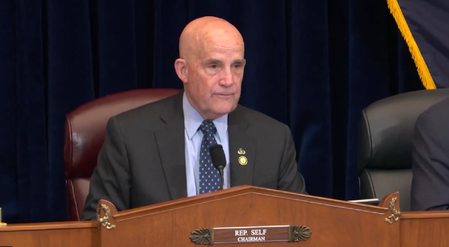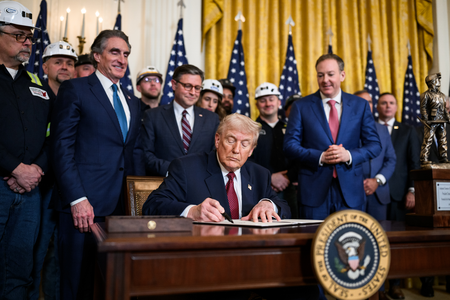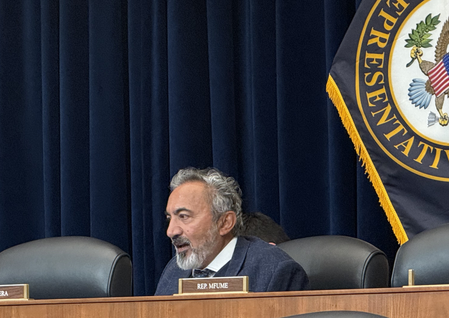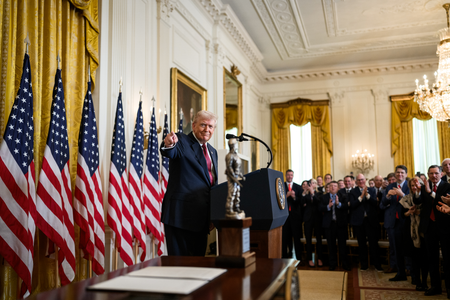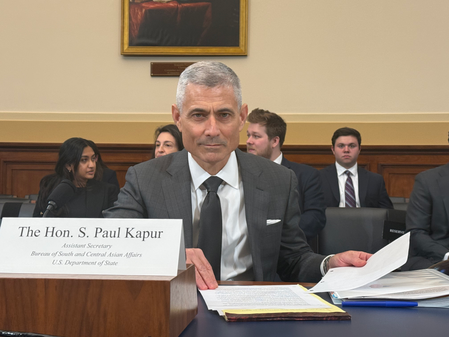News
The varsity said that ‘preservation of campus discipline’ had “become a grave concern”.
Faced with continuous protests ever since the death of Dalit research scholar Rohith Vemula, the University of Hyderabad (UoH) has decided to make things harder for dissenters.
The UoH administration issued a new circular on Thursday, which banned student gatherings within 200 metres of its administrative building or any other academic building, while also adding that protestors should not block any road or entry to any building on the campus.
Stating that ‘preservation of campus discipline’ had “become a grave concern”, the varsity added that “obstructing government functionaries from performing their duties is unethical and has legal implications too.”
“Demonstrations and protests should be confined to Gurbaksh Singh Maidan, or the Open Air Auditorium,” the circular added.
The circular also stated that anyone who wants to meet administration officials, could do so only on Fridays, between 2pm and 5pm.
Stating that not more than five representatives will be allowed to meet an official for a grievance, the circular also warned against students defacing property that belonged to the university.
In a separate order, the varsity also cleared its stance on the access to mediapersons inside the campus.
Last week, the Press Council of India (PCI) took suo moto cognisance of the arrest of a journalist by the Cyberabad police from UoH, in January this year.
Kunal Shankar, the Andhra Pradesh and Telangana correspondent for Frontline, was picked up on the occasion of Dalit scholar Rohith Vemula’s death anniversary.
The journalist had gone to cover the protest, that was organised by students of the varsity, when he was accused of trespassing, by university authorities.
UoH’s complaint with the Cyberabad police cited the Hyderabad High Court’s interim order issued last April, directing the registrar and the police commissioner to not allow any political party or association to hold a meeting on the university premises.
The university has claimed that the ban had also extended to the media, under the ‘outsiders’ tag.
On Thursday, the university stated that it had ‘streamlined’ its access to the media, and added that entry would be granted after they furnished their identity card and invitation card for a particular event on campus.
“Please cooperate with us to ensure that the media has access to do its job,” the order read.
During the hearing last week, the UoH administration told the PCI that it regularly issued press passes, and reporters needed to seek permission before entering the campus.
However, the inquiry committee was seemingly not satisfied with the answer, and told the authorities that they had misread the HC order.
It also questioned the varsity, if it would issue these ‘press passes’ for an event organised against the university administration.
The PCI’s inquiry committee was led by retired Supreme Court justice CK Prasad, and it sought a detailed response from the Cyberabad police and the UoH administration.
The UoH administration issued a new circular on Thursday, which banned student gatherings within 200 metres of its administrative building or any other academic building, while also adding that protestors should not block any road or entry to any building on the campus.
Stating that ‘preservation of campus discipline’ had “become a grave concern”, the varsity added that “obstructing government functionaries from performing their duties is unethical and has legal implications too.”
“Demonstrations and protests should be confined to Gurbaksh Singh Maidan, or the Open Air Auditorium,” the circular added.
The circular also stated that anyone who wants to meet administration officials, could do so only on Fridays, between 2pm and 5pm.
Stating that not more than five representatives will be allowed to meet an official for a grievance, the circular also warned against students defacing property that belonged to the university.
In a separate order, the varsity also cleared its stance on the access to mediapersons inside the campus.
Last week, the Press Council of India (PCI) took suo moto cognisance of the arrest of a journalist by the Cyberabad police from UoH, in January this year.
Kunal Shankar, the Andhra Pradesh and Telangana correspondent for Frontline, was picked up on the occasion of Dalit scholar Rohith Vemula’s death anniversary.
The journalist had gone to cover the protest, that was organised by students of the varsity, when he was accused of trespassing, by university authorities.
UoH’s complaint with the Cyberabad police cited the Hyderabad High Court’s interim order issued last April, directing the registrar and the police commissioner to not allow any political party or association to hold a meeting on the university premises.
The university has claimed that the ban had also extended to the media, under the ‘outsiders’ tag.
On Thursday, the university stated that it had ‘streamlined’ its access to the media, and added that entry would be granted after they furnished their identity card and invitation card for a particular event on campus.
“Please cooperate with us to ensure that the media has access to do its job,” the order read.
During the hearing last week, the UoH administration told the PCI that it regularly issued press passes, and reporters needed to seek permission before entering the campus.
However, the inquiry committee was seemingly not satisfied with the answer, and told the authorities that they had misread the HC order.
It also questioned the varsity, if it would issue these ‘press passes’ for an event organised against the university administration.
The PCI’s inquiry committee was led by retired Supreme Court justice CK Prasad, and it sought a detailed response from the Cyberabad police and the UoH administration.
Enanble Notification:
No
TNM Marquee:
No




